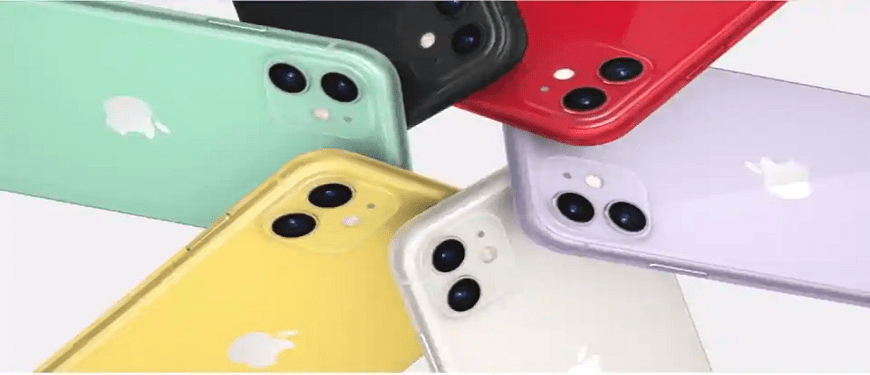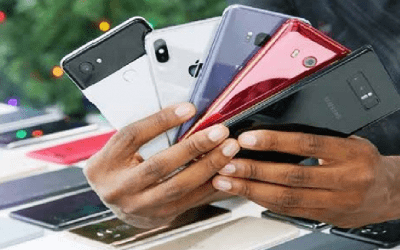10 things to consider before buying your next smartphone

Smartphone has invaded every living moment of our lives. Be it personal or professional usages, the need of a smartphone is just like the need of anything essential. However, with the given endless options of smartphones, it is really cumbersome to make the best decision. The following guide is here to help you find the best device that matches your need, budget and other specification.
Important Features: It is worth discussing the main features that one normally checks before deciding on a particular device.
- Display size and resolution: Display has two dimensions – size and resolution. If you are a regular user, you need a smartphone for checking emails as well as chatting and browsing social media, in which case anything from a 12.7 cm to 13.9 cm (5 inches to 5.5 inches) HD or full-HD display handsets are perfect for you. Otherwise you can opt for a tablet.
- Processing power: The processor is the key characteristic that enables real smart usage of the mobile phone/tablet. The processing power varies from one device to another, depending on several factors such as the OS version, UI, bloatware and more.
- Camera: Most users want to know how many megapixels the camera has. But just having a higher number of megapixels does not mean that the camera is better. Several other specifications – such as camera aperture, ISO levels, pixel size, auto-focus and more – are also important.
- Battery: It is important to have a battery with longer staying power. If you are a heavy user and work on internet/apps, play games, stream videos and more, then go for a smartphone with at least a 3,500 mAh battery or above. If you are an average or light user, a handset with a 3,000 mAh battery would be good enough to run for a full day. If you are planning to buy a smartphone, consider one with a large battery and fast charging.
- The build: The build is directly linked with the durability of a smartphone. The entire handset market is broadly divided into two types of builds – metal and plastic. Which option you select should be based on how you evaluate your own usage pattern – do you tend to be very careful with your devices or are you clumsy and rough? Metal built would be more durable and robust but more expensive.
- User interface: The user interface and OS version are key factors to choosing the best devices. The interface is that part of the phone that you interact with each time you access any function, so it should be easy and simple.
- Storage: Nowadays storage is available in options of 16 GB, 32 GB, 64 GB or more. Higher storage volumes are mainly required by users who store movies or play heavy games. It is advisable to go for a minimum of 32 GB storage, else you will have to deal with the problem of hanging/functions slowing down when closer to reaching full storage.
- Security: Our smartphone contains private data and pictures that we don’t want to share with anyone. So, security features are important and can include fingerprint sensors or even iris sensors.
- Service: Another factor to consider is whether or not the phone supports the newer, high-speed 4G networks.
- Design: A very important feature is the look and feel of a device. If the device fits in your hand, then it is easy to access its features.
Add For more information, click here
Related
Smartphones Hear, hear, here
That choosing a smartphone is today nothing short of a dilemma is as deep an understatement as any. Thankfully there is no shortage of information...
Buying Guide: Smartphones – features and Operating Systems
Buying Guide: Smartphones – features and Operating Systems Mobile or smartphone industry is highly competitive and the consumers are really confused...


